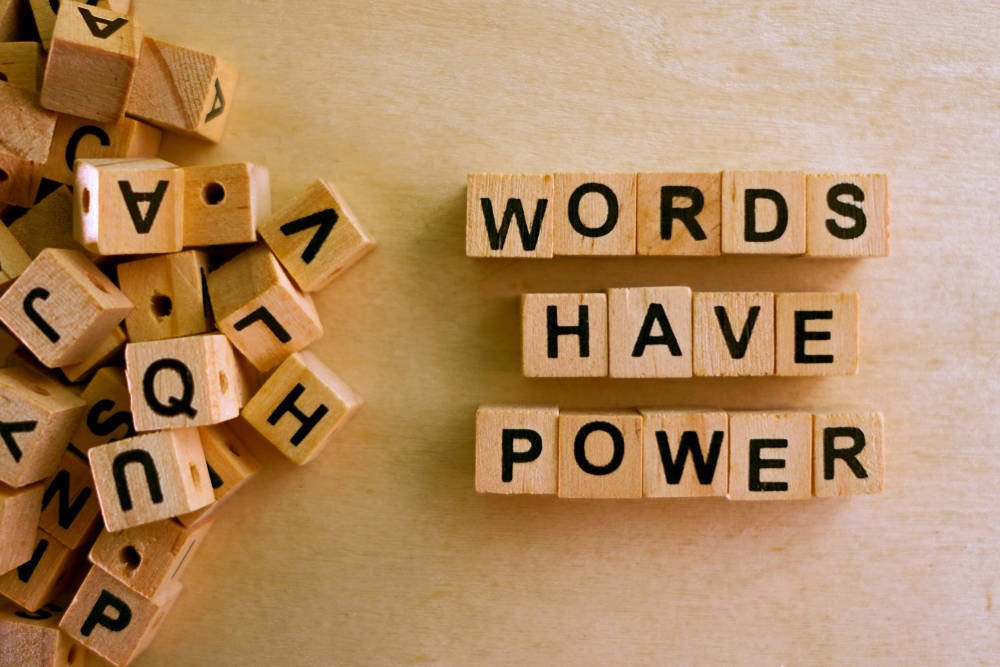Scripture
Ephesians 4:29 Don’t use foul or abusive language. Let everything you say be good and helpful, so that your words will be an encouragement to those who hear them.
observation
Simple reminder to use constructive, not critical words
Words, like tools, can be so useful and other times so destructive. A kind word (hammer) can be used to build someone up, while insults and derogatory statements (sledgehammer) used purposefully and maliciously can destroy. Similar tools with opposite affects.
When I used to get angry, was frustrated, and would lash out (scream, yell, say stupid shit) without thinking, it was like swinging away wildly, ‘the hammer’; or berating, cutting people down like a chainsaw - unbelievable damage and destruction when used incorrectly. The power of the tongue - such a small weapon and most deadly - to oneself and others.
To think that we, ourselves, hated when someone would say something terrible to us, only to do it to someone else when the script was flipped. How much of an impact what others had said about me led me to the poor behavior, attitude, and potty-mouth that stayed with me for years. The same holds true for those that I hurt instead of helped. As I said, words are like tools, you have to know when and how to use them.
Application
Since Yujin was young I would remind him to not say to someone else that - 1) they are stupid; 2) they are fat; 3) they are ugly; 4) the are useless; 5) and others. Also, although ironic at the time, I would tell him to not swear.
As I matured, was off of drugs/alcohol, I was able to see much clearer the pain and hurt that was caused by my words. It was working at it day by day, hour by hour, minute by minute, to actively stop to think of what I am about to say - is it going to cause more harm, problems than it is worth when it escapes my lips.
Not that I am perfect at it or have not slipped up from time to time; it is that I am much better at recognizing the situation for what it is, how the other person is feeling when the words they are saying may have pissed me off in the past, and is what I am about to say really necessary.
1) does what I say bring God glory, honor, and praise; or does it reflect poorly and the non-believer turned off because that is what he/she associates how a Christian is like;
2) is it actually necessary for me to respond;
3) listen more, speak less: the (2) ears, (1) mouth is a great reminder - need to be more dialed in on this one for sure
4) stop making excuses for what I say: sorry, that is not what I meant to say - too late, you already did so own up to it;
5) be patient, think through what I am going to say before I do - how does what I say going to be uplifting, a positive word of encouragement that may make a difference in another person’s life;
Prayer
Father God, thank you for revealing in me areas that I still need to work on. As the example a little over a week ago, there are parts of me that still needs improvement, and I thank you for the grace shown to me when I am wrong, needing to be humbled by experiences like that. Reflective moments that allow me to see that I have gotten better continue to drive me to work at it, to be more like you Lord Jesus. Definitely cannot go at it alone and ask for your Holy Spirit to be with me in all my conversations and interactions with others. May my actions and speech bring you glory Father. In Jesus’ matchless name, amen!



